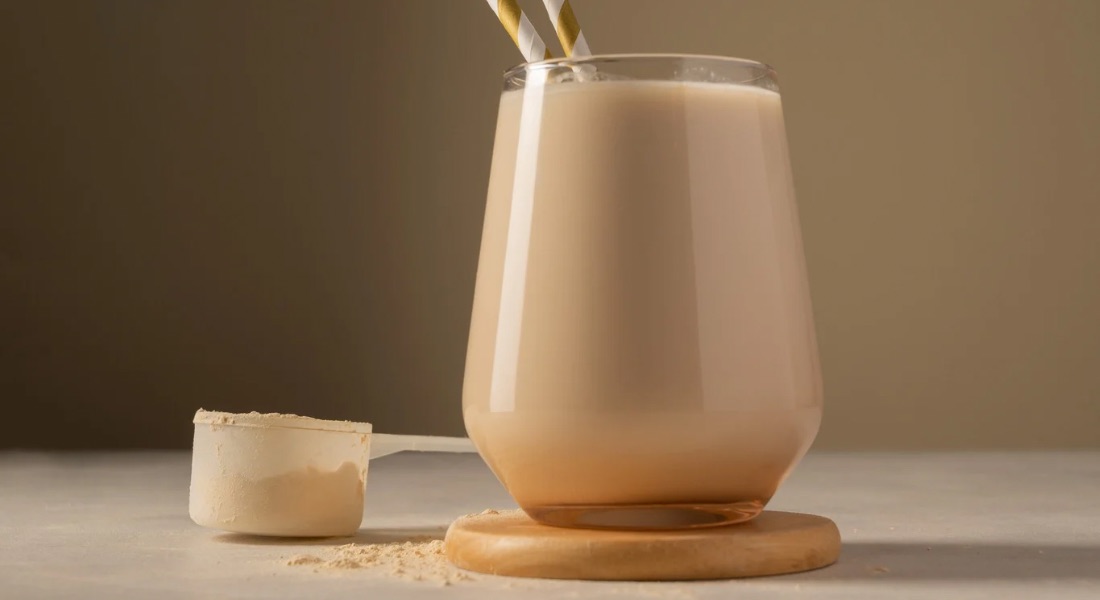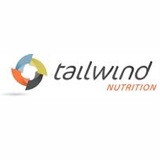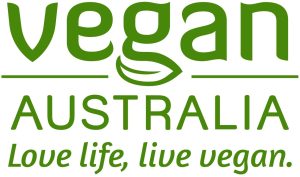What planted protein powder is best for me?
Not all protein powders are created equal. Many on the market are highly processed and contain additives that can disrupt digestion and cause bloating. That said, protein powders have their time and place in a balanced, active lifestyle, they can support recovery, muscle maintenance, and overall wellbeing when chosen wisely.
What to look for when choosing a protein powder
- Minimal ingredients: Look for powders where protein is the first listed ingredient (~20–30g per serving). Avoid fillers, cheap powders, and unnecessary additives.
- Avoid artificial and “natural” zero-calorie sweeteners: Stevia, xylitol, and sorbitol can negatively affect beneficial gut bacteria.
- Check the amino acid profile: Aim for 2–3g of leucine per serve, which is important for muscle synthesis.
- Skip animal-derived ingredients: Collagen, whey, casein, and egg whites aren’t plant-based and may not align with your planted dietary choices.
- Watch stimulants: Ingredients like caffeine or ginseng can impact recovery and sleep quality.
Why protein is more than muscle
Protein isn’t just for bodybuilders. Adequate protein intake supports weight management, skin health, hormone balance, and a strong immune system. It’s essential for anyone leading an active lifestyle.
Vegan and plant-based protein options
Vegan protein powders are ideal for those who are plant-based, gluten-free, dairy-free, or lactose intolerant. Popular options include:
- Soy protein (non-GM) – complete protein with all essential amino acids.
- Rice protein – easily digestible, including brown rice options.
- Pea protein – made from yellow split peas, high in BCAAs.
- Hemp protein – contains all nine essential amino acids plus healthy fats.
- Pumpkin seed protein – rich in zinc, iron, and magnesium.
- Superfood protein powders – combine raw greens (kale, spinach, broccoli) with superfoods like spirulina and maca for an extra nutrient boost.
Reasons to include a protein powder in your lifestyle diet
- Convenience for busy days
- To meet your daily protein needs
- Quick and easy recovery after exercise
- Boost overall protein intake without relying solely on meals
Remember: You can meet your daily protein needs through whole foods such as tofu, tempeh, legumes, nuts, seeds, and plant-based yoghurts. Protein powders should supplement your diet, not replace it. Use them strategically to support your lifestyle, fitness goals, and overall health.









